Still keeping our promise to bring you reviews of all five stories shortlisted for the Caine Prize. So far, we’ve featured
Orem Ochiel’s review of Oduor’s “My Father’s Head.”
Richard Ali’s review of Diane Awerbuck’s “Phosphorescence”
Aaron Bady’s review of Billy Kahora’s story
This week, it’s the Nigerian writer and editor, Kola Tubosun, reviewing Tendai Huchu’s “Intervention.” Huchu’s story was originally published in Open Road Review, Issue 7, New Delhi, 2013.
Read story HERE.
Tell us what you think of the story and Tubosun’s take on it.
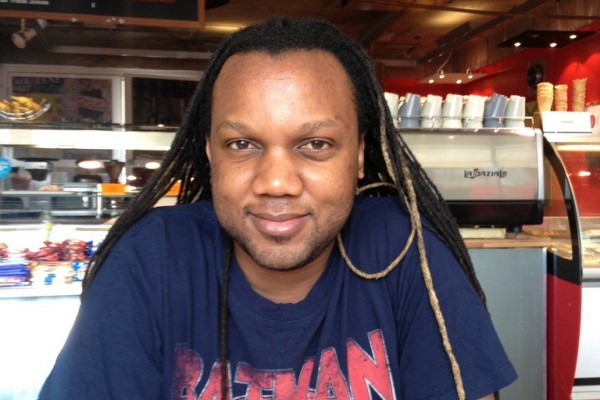
“Intervention” could be read in many different ways: as a tale of distant compatriots grown impotent by time and distance; the futility of armchair activism or the inevitability of same in the face of real challenges; or as a common allegory on the state of the continent in tumult.
It could, however, be read simply as a story of love, lust, disappointment, and one man’s care-free interrogation of it all. That man was Simba in this case, a poet, along with his friends, Z and Tamu (and their girlfriends).
The texture of Huchu’s story goes from casual to mundane to judgmental observations of people made by the principal character, Simba, who lives in the United Kingdom, far away from the scene of electoral action in Zimbabwe, his hometown. The story climaxes at the end of a national election in Zimbabwe where the president who has ruled since the country’s independence in 1981 was “elected” into office for another term. Then it descends gently into the chaos of domestic dispute between lovers and friends: a not so subtle subplot that had followed the story from the start.
So, is this an allegory on the state of our impotence and confusion on the continent? I’m more inclined to that conclusion. Or, in trying to find other ways to appreciate a story so ordinary yet representative of a slice of some immigrant life from a failed African country, I might be forced to dismiss it as a neophyte attempt at storytelling (at worst) or an effort carefully riddled with levity, for particular effect (at best). The characters are naïve if not simple, and prosaic if not uninspired. An example:
“…I never cast a single stone in this entire charade. I was consumed with overwhelming fury, seeing what Tamu was doing to this little princess. How could he sit there, chatting nonsense about his privacy, as she trailed the list of names from his phone.”
Apart from the fact that the last sentence is missing a question mark, the expression itself is not that striking, especially in a work of fiction aspiring to Africa’s largest literary prize.
In an earlier scene, Simba says: “I gave him my wtf face”, written exactly as quoted, with small letters for “wtf” which one assumes does not mean “Welcome to Facebook”.
Maybe the pedestrian storyline of a bunch of immigrants in England watching and pontificating about their home elections does call for equally carefree characters speaking in insipid turns of phrase. Or maybe the primary character is an extension of a writerly experimentation that didn’t quite achieve its goals. Either way, one is left with a feeling of deep dissatisfaction when it all ends. This is 2014. A failed African state and the disappointment of its emigrated elites isn’t such a tantalizing storyline except something new is added in the form of great and captivating writing.
More:
“The kids didn’t speak Shone, so we were introduced in English, and check this out; I was “Uncle Simba”… The kid just looked at me blankly like I was talking effing Zulu.”
Effing, really? Who is this character? A twenty-two year-old Zimbabwean visiting England for the first time and intent on convincing us of his acquisition of street and teen lingo?
So, maybe the writer didn’t care much for inspiring our imagination or challenging our capacity for linguistic fireworks. Or maybe he couldn’t. We may not know until we read his other offerings.
Or maybe the story is a deliberate simplistic portrayal of simplistic existence. Zimbabwe goes on in its charade of a government. AIDs continues to ravage the continent. Sudan is now two countries. Egypt has changed its government more than twice in three years. Boko Haram has turned the fragile Nigerian state into a colander of dust and dead bodies. Kenya is fighting Al-Qaeda on its streets. Somalia is a violent ghost of whatever was there before, and Libya after Gaddaffi hasn’t lived up to Western (and African) hopes of its survival. Yet here we are in a quotidian cycle of daily vanities: dating, fucking, cheating, smoking, etc, and goofing around in our new realities, too impotent to act in any meaningful way. On this level, I understand and appreciate the effort and direction of the work. Otherwise, I should also probably go for a smoke (and hopefully not “cry like a pussy.”)
In any case, if it is the writer’s first, it shouldn’t necessarily be his worst. Next, please.
Come again next Tuesday for the review of Chela’s story. Read it HERE.
Post image: via RAS News and Event.
***
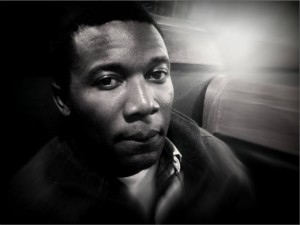 Kola Tubosun is a linguist and editor of the NTLitMag (@NTLitMag). He blogs at KTravula.com and can be found on twitter at @baroka
Kola Tubosun is a linguist and editor of the NTLitMag (@NTLitMag). He blogs at KTravula.com and can be found on twitter at @baroka




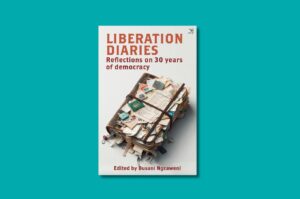

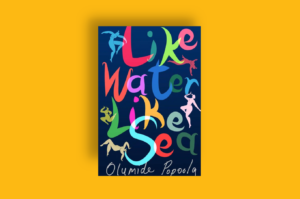
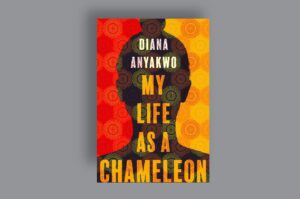

S. Perez October 16, 2015 23:10
Please ignore my previous comment. We did nominate Tendai Huchu's "The Intervention" for the Caine Prize.